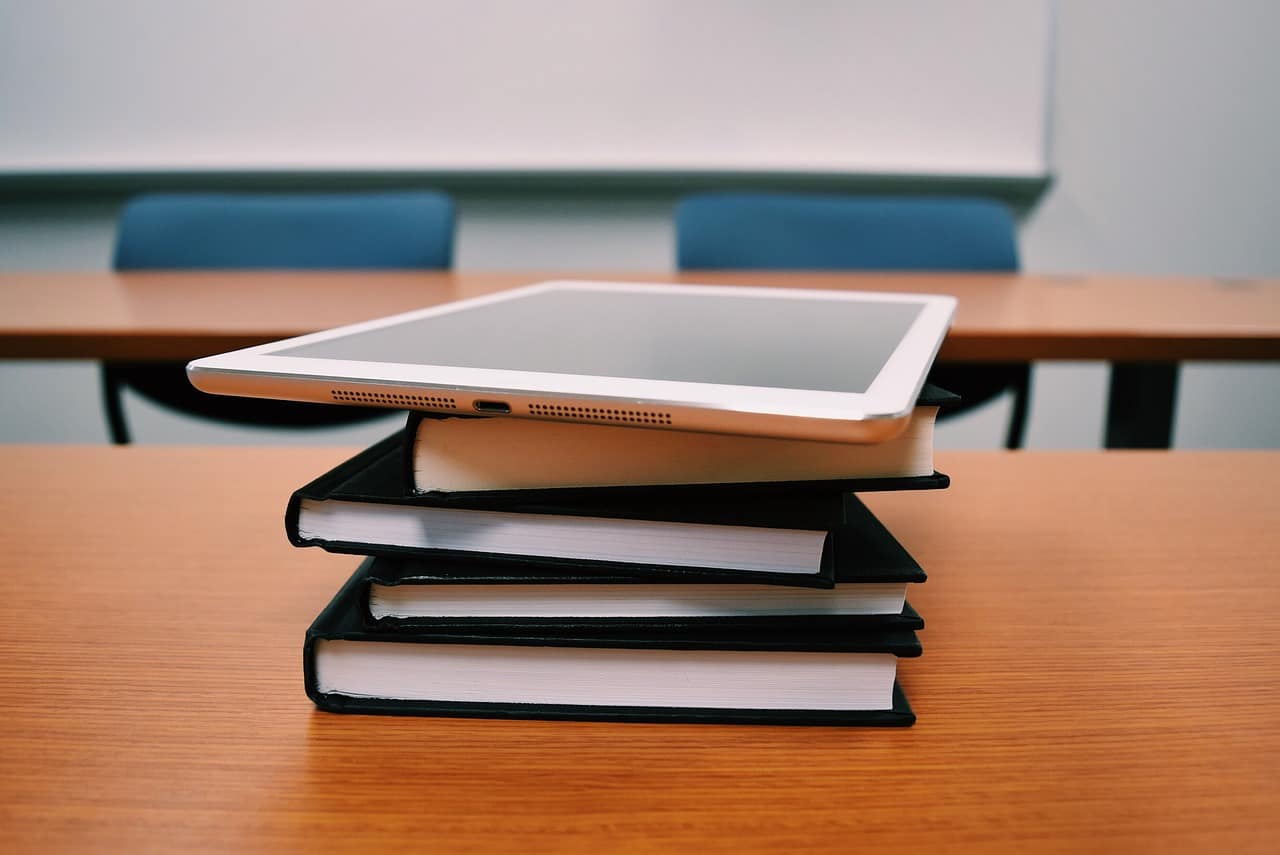College students, as well as their parents, can experience sticker shock when they shop for textbooks. Books for a full schedule can easily add up more than $1,000 or more a year. I asked my daughter, who is the most resourceful and thrifty textbook shopper I know, for some tips. What follows is her advice:
Avoid the campus bookstore

Photo: Deposit Photos
One thing I learned is that the absolute worst place to purchase a textbook is usually the campus bookstore. To compare costs, let’s take the textbook from an introductory psychology class that many students take: ISBN 9780357374825, Psychology: Themes and Variations (CL). At the University of North Carolina campus book store (Go Heels!), prices ranged from $86.49 for the e-book to $177.30 for a new hardback. (Keep in mind that all the prices below were accurate when this was written but will change frequently, especially for used books.)
Email your professor before the class starts
Ask what textbook will be used for the class. That gives you a jump start over the other students looking for the cheap books.
Then, do an internet search
The easiest way I’ve found to buy textbooks is just to Google the ISBN and look at the results under the Shopping tab. Your results may include some lesser known sites, which is good for less popular classes. I got my Hebrew textbook by Googling and finding it at the Jewish Museum.
Try e-books

Depending on where the textbook is from, an e-book may work on a Kindle, iPad, iPhone, or Android, or it may be available as a PDF. This allows you to search for words, and you can avoid carrying around heavy books. I can’t use them because I get distracted too easily, but I know a lot of people do. At ecampus.com, the psychology text above is listed for $49.49 — $37 less than the e-book at the campus bookstore.
Consider international editions
Same content, but they are usually paperback and made with thinner paper, with a different cover. Sometimes the page numbers are off or the chapters are out of order, but I’ve never had a problem with it so far. Shipping may be more expensive.
Buy used books
Always a simple option, unless you’re vehemently against marks in your books that you didn’t make yourself. On Amazon, the used psychology book’s cost is $51.65.
Loose leaf sometimes works
This is sometimes an option, but probably not for larger books since binders only get so big. Also, I doubt it’s possible to sell back loose leaf books to places like Valorebooks and Chegg, but I’ve seen people selling loose leaf books on the school’s Facebook pages with no problem. Add “loose leaf” to your search terms on an Internet site.
Earlier editions are cheaper, but ask first
Textbooks are often updated every few years, sometimes with minute changes. Some professors may insist that you use the most recent edition, so it’s best to check with them beforehand.
Pros and cons of renting
If you don’t need to write or highlight in your books, renting can be an option, although I think it’s a pain to have to worry about returning books right after finals. Many sites, including Amazon, are in the book-rental business; just do an online search for “textbook rental” and see what comes up.
Look for Facebook groups
If the school is pretty big and has active Facebook groups, people post books to sell and books they’re looking for at the beginning and end of semesters, as well as around the drop/add deadline. This is an easy way to get books for popular classes without using credit cards or paying for shipping.
Recoup money when you sell back
Here are a few ways to make money on your books when you are done with them:
Valorebooks.com: Buy, rent, and sell back. The site covers shipping when you sell books back. All you have to do is enter in the ISBNs of the books you’re selling back and print out a packaging slip and shipping label to ship them.
Chegg.com: Buy, rent, sell back, e-textbooks. Also has free shipping for selling books back. Chegg also gives you seven days free use of the eTextbook while you wait for your book to ship.
Amazon.com: Has free shipping for selling books back, but pays with Amazon gift cards.
The cheapest option of all: Free
I’ll add one more thing to my daughter’s suggestions. OpenStax College makes available free textbooks for viewing online or as a PDF on your computer. Seventy percent of U.S. colleges and universities are now using OpenStax for textbooks. If you or your child is attending one of these schools, make sure to check this out.
Other Living on the Cheap articles about college:

